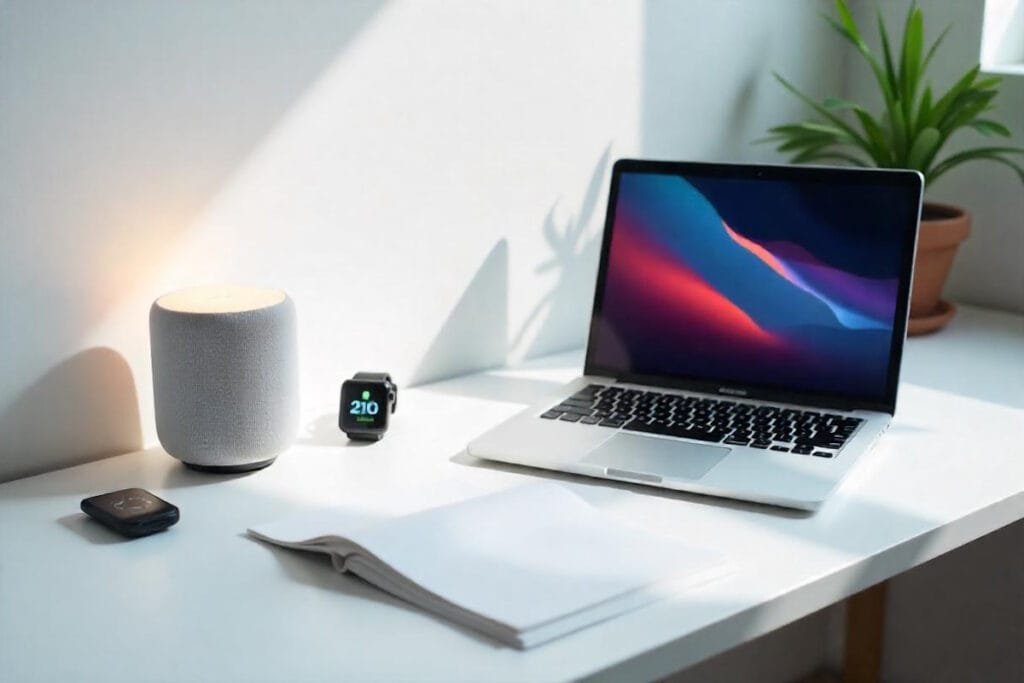Search engine optimization (SEO) is the process of improving the visibility and relevance of a website in the organic search results of search engines like Google and Bing. SEO is essential for any website that wants to attract more visitors and potential customers. Now, let’s discuss some of the most effective SEO techniques that can help you supercharge your website’s traffic.

Keyword Research and Optimization
Keywords act as the digital compass guiding users to their desired destinations, as they enter specific words and phrases into search engines to uncover relevant information. Keyword research is the process of finding and analyzing the best keywords for your website and your target audience. Keyword optimization is the process of using those keywords strategically in your website content, title tags, meta descriptions, headings, URLs, and other elements.
Keyword research and optimization are important for SEO because they help you understand what your audience is searching for, how they are searching for it, and how you can match their intent with your content. Using relevant and specific keywords in your website can increase your chances of ranking higher in the search results and attracting more qualified traffic.
Some of the tools and techniques that you can use for keyword research and optimization are:
Google Keyword Planner
This is a free tool from Google that helps you find and analyze keywords related to your topic, industry, or niche. You can use it to see how popular a keyword is, how competitive it is, and what other related keywords you can use.
Google Trends
This is another free tool from Google that helps you see how the interest in a keyword changes over time and across different regions. You can use it to identify seasonal trends, emerging topics, and local variations in search demand.
SEMrush
This is a premium tool that provides extensive keyword research and analysis capabilities. You can use it to see what keywords your competitors are ranking for, how much traffic they are getting from them, and what gaps or opportunities you can exploit.
On-page optimization techniques
These are the methods that you can use to optimize each page of your website for a specific keyword or topic. Here are a few best practices:
- Use your main keyword in your title tag, preferably at the beginning.
- Use your main keyword in your meta description, along with a compelling call to action.
- Use your main keyword and related keywords in your headings (H1, H2, H3, etc.) and subheadings.
- Use your main keyword and related keywords naturally and moderately in your body content. Avoid keyword stuffing or overuse.
- Use your main keyword in your URL, along with descriptive words that explain what the page is about.
- Make it easier for visitors to navigate your website by adding links within your content that direct them to other relevant pages. Use descriptive anchor texts that include relevant keywords.
- Use external links to cite authoritative sources and provide additional value to your readers. Use descriptive anchor texts that include relevant keywords.
Technical SEO
Technical SEO is the process of ensuring that your website is fast, secure, error-free, and easy to crawl and index by search engines. Technical SEO is important for SEO because it affects how well search engines can access, understand, and rank your website.
Technical SEO plays a pivotal role in optimizing your website’s performance and visibility. Considering its critical importance, it is highly recommended to enlist the expertise of professional SEO services to ensure a seamless implementation.
Some of the aspects of technical SEO that you should pay attention to are:
Website speed and performance optimization
This refers to improving how fast your website loads and how smoothly it runs on different devices and browsers. Website speed and performance optimization are important for SEO because they affect user experience, bounce rate, conversion rate, and search rankings. Some of the ways to optimize your website speed and performance are:
- Use a reliable web hosting service that offers fast servers and adequate resources.
- Use a content delivery network (CDN) that distributes your content across multiple servers around the world.
- Compress your images and videos to reduce their file size and loading time.
- Minify your HTML, CSS, and JavaScript code to remove unnecessary spaces, comments, and characters.
- Enable caching to store frequently used data on the user’s browser or server.
- Eliminate render-blocking resources that delay the rendering of your page content.
Mobile Optimization
This refers to ensuring that your website is responsive and adaptable to different screen sizes and devices. Mobile optimization is important for SEO because more than half of the web traffic comes from mobile devices, and Google uses mobile-first indexing to rank websites based on their mobile version. Some of the ways to optimize your website for mobile devices are:
- Use a responsive web design that adjusts your layout, content, and images according to the device’s width.
- Use a viewport meta tag that tells the browser how to scale and display your website on different devices.
- Use media queries to apply different styles based on device characteristics such as width, height, orientation, etc.
- Avoid using elements that are not supported or compatible with mobile devices such as Flash or pop-ups.
- Test your website on various devices and browsers using tools like Google Mobile-Friendly Test or BrowserStack.
Link Building and Off-Page SEO
Link building is like building connections in the online world. It’s about earning or acquiring links from other websites that point back to yours, establishing your website’s authority and credibility. Off-page SEO is the process of improving the reputation and authority of your website in the eyes of search engines and users through external factors such as links, social media signals, reviews, etc.
Link building and off-page SEO are important for SEO because they help you build trust, credibility, and popularity for your website, which can boost your search rankings and traffic.
Some of the strategies that you can use for link building and off-page SEO are:
Guest posting
This is the process of writing articles for other websites in exchange for a link back to your website. Guest posting can help you reach new audiences, showcase your expertise, and build relationships with other webmasters and influencers in your niche.
Content marketing
This is the process of creating valuable, relevant, and engaging content that attracts and retains your target audience. Content marketing can help you generate organic traffic, social media shares, and natural links from other websites that find your content useful or interesting.
Skyscraper technique
This is a technique where you find a popular piece of content in your niche, create something better, and reach out to the websites that linked to the original content. The skyscraper technique can help you leverage existing demand, create high-quality content, and earn high-quality links from authoritative websites.
Broken link building
This is a technique where you find broken links on other websites, offer them a replacement link from your website, and ask them to update their link. Broken link building can help you find link opportunities, provide value to other webmasters, and improve user experience.
User Experience and SEO
User experience (UX) is the overall impression and satisfaction that a user has when interacting with a website or product. UX encompasses aspects such as usability, design, navigation, content, functionality, etc.
User experience and SEO are closely related because they both aim to provide value and satisfaction to users. User experience affects SEO because it influences user behavior metrics such as dwell time, bounce rate, click-through rate, etc., which can affect search rankings.
Some of the ways to improve user experience and SEO are:
Website design and usability:
This refers to how attractive, intuitive, and easy to use your website is for users. Website design and usability affect user experience because they determine how users perceive and interact with your website. Some of the best practices for website design and usability are:
- Use a clear, consistent, and simple layout that follows web design principles such as contrast, alignment, repetition, etc.
- Use an easy-to-follow navigation system that helps users find what they are looking for quickly and easily.
- Use clear, concise, and compelling copy that communicates your message effectively and persuasively.
- Use appropriate fonts, colors, images, icons, etc., that match your brand identity and tone.
- Use white space, bullet points, subheadings, etc., to break up large blocks of text and improve readability.
Content quality and relevance
This refers to how valuable, informative, and engaging your content is for users. Content quality and relevance affect user experience because they determine how users consume and interact with your content. Some of the best practices for content quality and relevance are:
- Create original, unique, and fresh content that offers something new or different from other sources.
- Create comprehensive, in-depth, and well-researched content that covers all aspects of a topic or question.
- Create personalized, targeted, and tailored content that matches the intent and needs of your audience.
- Create interactive, dynamic, and multimedia content that stimulates user interest and involvement.
Conclusion
SEO is not a one-time activity but an ongoing process that requires constant monitoring, testing, and improvement. Applying these effective SEO techniques consistently on your website, you can supercharge your traffic, increase your conversions, and grow your business online.
Tech content on this site may include contributed articles and partnerships with industry voices. Learn more in our Editorial Policy.





